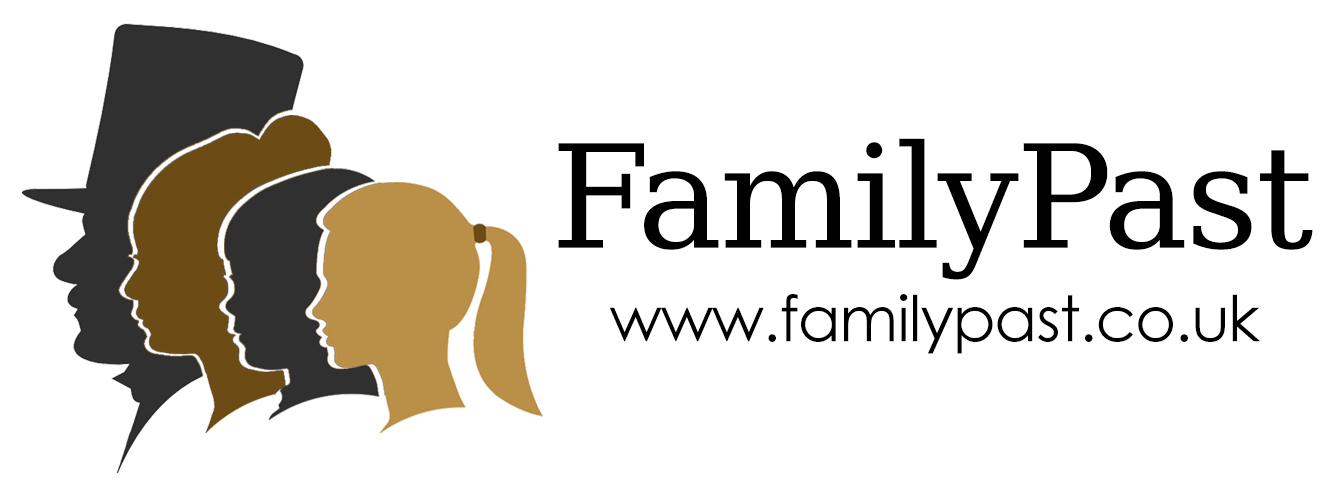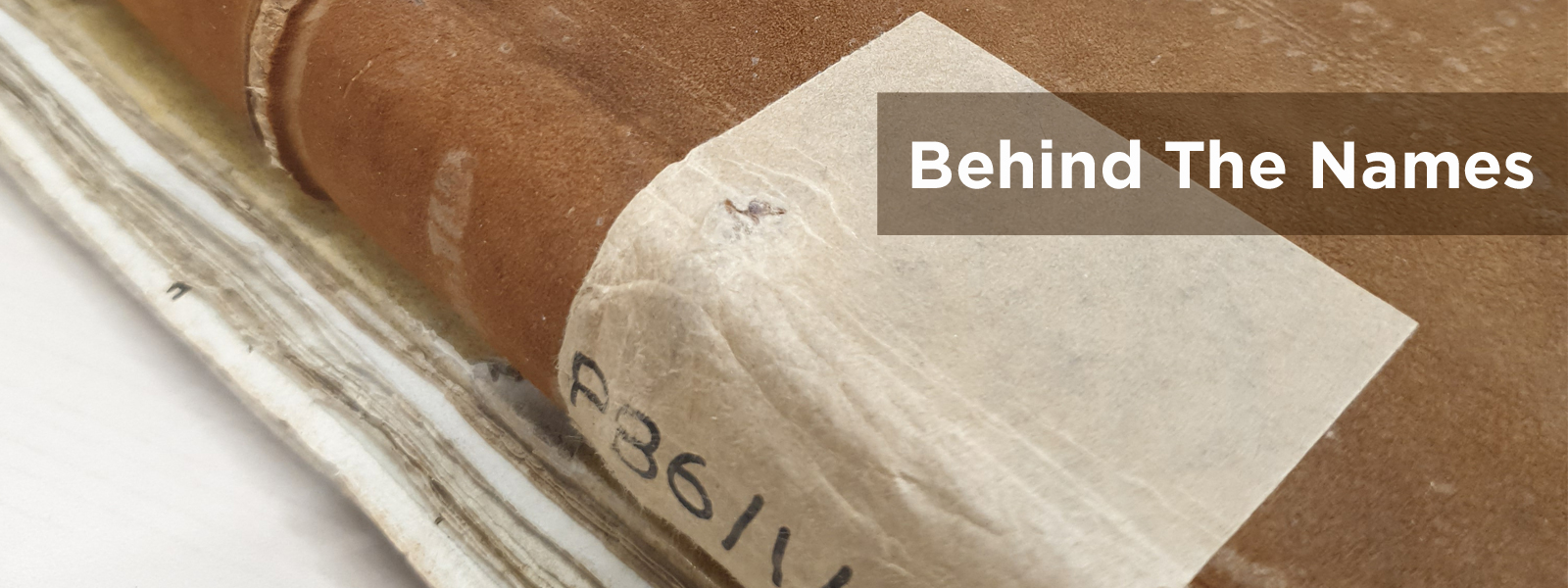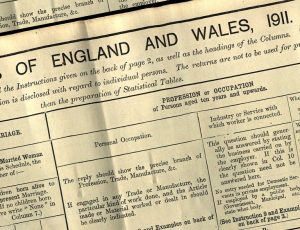Naming a baby can involve a lot of thought and research for some parents and over time names have come and gone and well come back again! It’s interesting when you look at the Christian names given to our ancestors and believe it or not there were some unusual choices other than “Mary”, “Elizabeth” or “John”. Today we still love our traditional names such as “Emma” and “James” which feature in the top ten baby names for 2022. However, we have some new additions such as “Luna” and “Leo”.
As a nation we still are influenced by royalty, religion, culture, artists, authors and the list goes on when naming a child. When Victoria Beckham named her daughter “Harper” in 2011 suddenly the name was heard more often around the schools. Other influences come from the film and characters. TV programmes such as “Games of Thrones” was so popular when it was on TV that 560 new parents in 2018 named their child “Khaleesi” and 2,545 named their child “Arya” after Maisie Williams Character. This is not a new thing! During the 1940s Hollywood also played a part in baby name trends when actors shot to fame. Stars such as Jean Simmons, Jean Harlow and Janet Leigh all appeared in the top ten baby names for 1944. Jean appears at number 5 and Janet at number 8.
Let’s jump back to 1875 and further where things were much different. This was an era when a lot of the population were unable to read or write so it was beneficial to have a name that they recognised especially for documents such as wills and probate. Parents were expected to follow a set pattern hence why in the records we find a lot of one name in one family and through the generations. The rule was as follows:
- First born son was to be named after the father’s father
- Second was to be named after mothers’ father
- Third was named after the father
- The fourth son was to be named after the father’s eldest brother
- The first daughter to be named after her mother’s mother
- The second after her father’s mother
- The third daughter after the mother
- The fourth after her mother’s eldest sister
This can be a good thing or a hard thing for the family researcher depending on how common the name was. Although this was expected when naming a child, it’s not always the case. There were parents who named their children some interesting and unique names which are great to stumble upon in the records. In my own family tree, I have an ancestor born in 1880 and her dear parents Archibald and Letitia Trotter named their second daughter “Enough Trotter”. Perhaps this was a kind reminder not to have any more children! Here are a few examples: “Comfort J Bright” who was born in Wandsworth 1895. “Trypheba Turner” who married in Royston Hertfordshire in 1893. Sometimes these very peculiar names have another meaning to them; they could in fact be a surname passed down from older generations and used as a Christian name just to confuse the researcher. “Mcmorland Sloan” born in 1755, Girvan, Ayrshire Scotland I imagine could be a surname handed down and given as a Christian name. Then there were names like “Christmas” which was never hugely popular but the name appeared as a Christian name over the country in the birth record entries and died out towards the 1950’s.
Biblical Names
The church was once the very focal point of worship in every town where communities got together and religion played a huge role in people’s lives. It is common to find biblical names such as “Elijah” “Phoebe” “Ethan” in the records going back through the Middle Ages. In Lancashire 1692 “Moses Worrell” married “Elizabeth Griffith.” Today is no different. We still use biblical names and some have hit the top ten. “Noah” “Joshua” “Samuel” are hugely popular biblical names.
Nicknames
Many people searching aunts, uncles, grandparents search for their relatives by the names they knew them as but sometimes have no success in finding them in the records. Many people developed Nicknames and this was hugely common for our Victorian era and even up to the second world war. Aunt Ettie was actually “Mary Henrietta Hollis” or uncle Jim was found under the name on his birth certificate as “Richard James Morris”. Many nicknames confuse us today as they can be so far from the name they are recorded as but there must have been a reason for the nickname and sometimes that reason is never known. Other nicknames are much easier to understand such as:
- “Lizzie” “Beth” “Eliza” come from Elizabeth
- “Ellen” “Nelly” “Elaine” come from Helen
- “Dick” “Richy” all come from Richard
Names Associated with Places
When you hear the name “Agnes” “Gordon” “Angus” “Cameron” these are well known Scottish names. A lot of Scottish and Irish names come from Gaelic origin. Between 1800 – 1900 the name “Rose ” which we know as a female name was once in Scotland as a male’s name. Names such as “Bronwen” and “Rhys” are very Welsh names and the name “Arwen” was used in “Tolkien’s Lord of the Rings” meaning “Noble Maiden”. Names which are associated with places sometimes help with tracing the heritage of someone. “Eabha” and “Saoirse” are popular Irish female names which “Eabha” being the Irish version of “Ava” and “Saoirse” which is pronounced “Seer-sha” means freedom. “Aisling” another popular Irish name associated with its origin of Derry and Omeath.
Sources
www.babynames.com
www.libraryofireland.com
www.nameberry.com
www.ancestry.com
https://www.tvguide.com/news/game-of-thrones-baby-names-arya-daenerys-tyrion-rhaegar/






